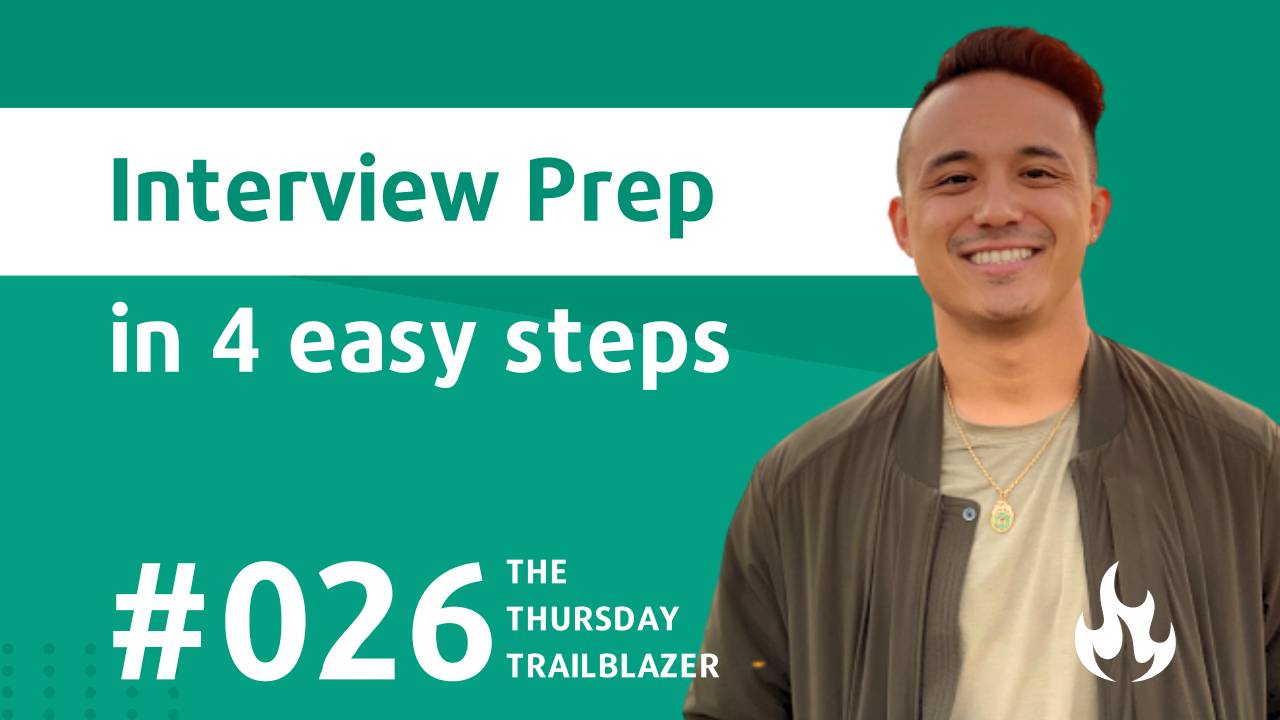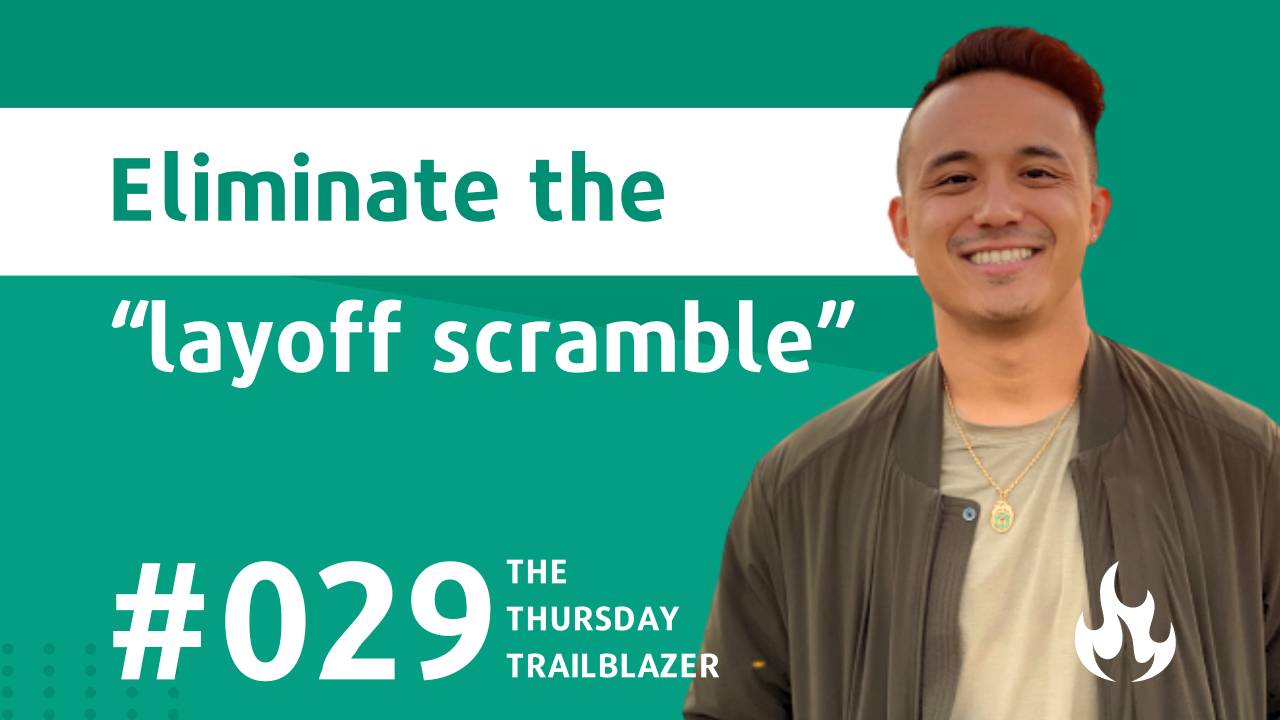How to Prepare and Ace an Interview in 4 Easy Steps
Preparing for an interview doesn't have to be stressful. Here are the 4 steps I use to prepare for any interview — and how you can too.

This is part of a special series sharing insights, tips, and actions you can implement when searching for a job — whether leaving your current one or due to a recent layoff.
This past week I traveled to Tanzania to see a friend for the first time in 5 years.
The sun was high beaming down… but before we knew it there were stars and darkness overhead.
Where did the time go?
Hours had passed in what felt like a blink of an eye.
It’s easy. Unrehearsed. Natural.
But there’s so much more to it.
It was easy because I was relaxed. It felt unrehearsed because there was no need to perform. It was natural because I was sharing about what I knew — myself.
That’s exactly how a good interview should feel.
Not forced. Not scripted. Just two people having a genuine conversation about the work and the opportunity.
Step 1: Learn About the Company
Before you walk into any interview, you should know:
- What does the company do? Their products, services, and who they serve
- What’s their mission? What problems are they trying to solve?
- Recent news or achievements? Any funding rounds, product launches, or press coverage?
This isn’t about memorizing facts. It’s about understanding context so you can have an informed conversation.
Pro tip: Check their LinkedIn page, recent blog posts, and press releases. Look at what the CEO or leadership team has been sharing publicly.
Step 2: Understand the Role
The job description is your cheat sheet.
Read it carefully. Multiple times. Highlight the key responsibilities and required skills.
Then ask yourself:
- Which of my experiences directly relate to these responsibilities?
- What examples can I share that demonstrate these skills?
- Where are the gaps, and how do I address them honestly?
The goal: Be able to speak fluently about how your background connects to what they need.
Step 3: Prepare Your Stories
Most behavioral interview questions follow a pattern:
“Tell me about a time when…”
You need 3-4 strong stories from your past work experience that you can adapt to different questions.
Use the STAR Method:
- Situation — Set the context
- Task — What was your responsibility?
- Action — What did you specifically do?
- Result — What was the outcome? (Use numbers when possible)
The key: You don’t need a different story for every question. You need versatile stories that can be angled differently.
Step 4: Prepare Your Questions
An interview is a two-way street.
You’re evaluating them just as much as they’re evaluating you.
Prepare thoughtful questions that show you’ve done your research and are genuinely curious:
About the role:
- What does success look like in the first 90 days?
- What are the biggest challenges the team is facing right now?
About the team:
- How would you describe the team culture?
- How does the team collaborate on projects?
About growth:
- What opportunities exist for learning and development?
- Where have people in this role gone next?
Avoid questions you could easily Google or that are already in the job description.
💡 Action Steps
A preparation checklist before your next interview:
- 🔍 Research the company (20 mins) — Website, LinkedIn, recent news
- 📋 Review the job description (10 mins) — Highlight key requirements
- 📝 Prepare 3-4 STAR stories (30 mins) — Practice them out loud
- ❓ Write down 5-7 questions (10 mins) — Questions you genuinely want answered
- 👔 Plan your outfit — One level up from their dress code
- 🧪 Test your tech — If remote, check camera, mic, and internet
Total prep time: About 1-2 hours for a thorough preparation.
That small investment can be the difference between a good interview and a great one.
This article is for educational purposes and not career advice.
Keep Reading

Build a Team, Not a Family: The Operating Model Behind 10x Startups
If you want to win by a mile, you can't run your company like a family. Here's what "Olympic-level" standards actually look like in a startup.
First Day of the Year: Reflect. Refine. Execute.
January 1 is the one day each year that feels universally quieter. That makes it the perfect day for reflection. Here's my annual ritual.

Three Things I'm Doing To Prevent Being In Between Jobs
Layoffs are still in full swing. Here's what I'm doing to prepare myself while I still have a job — so I'm never caught off guard.